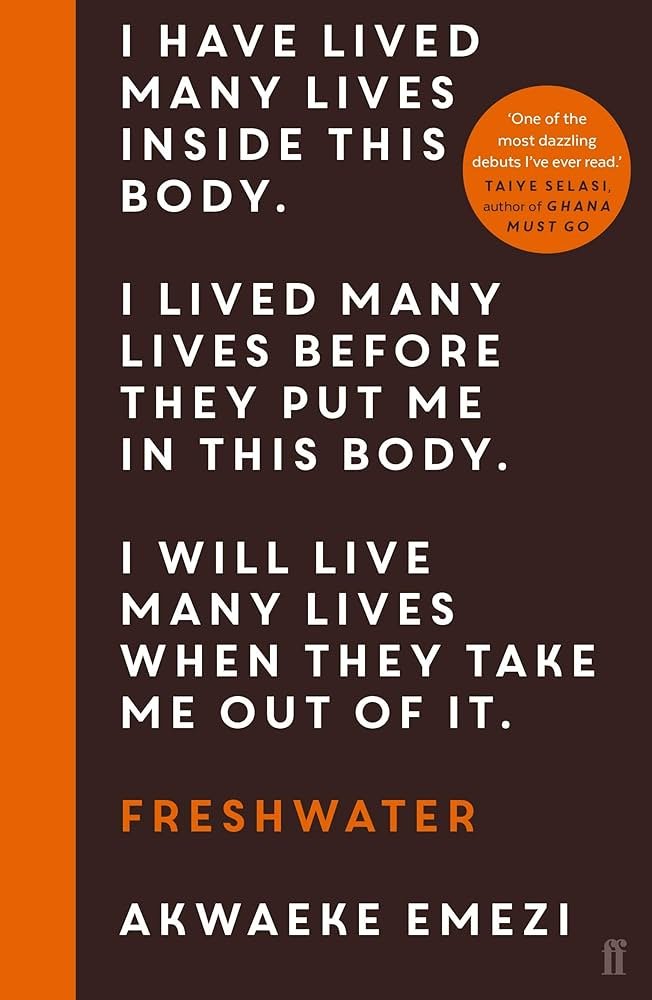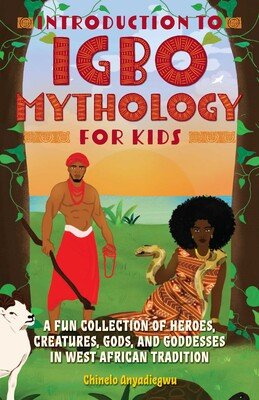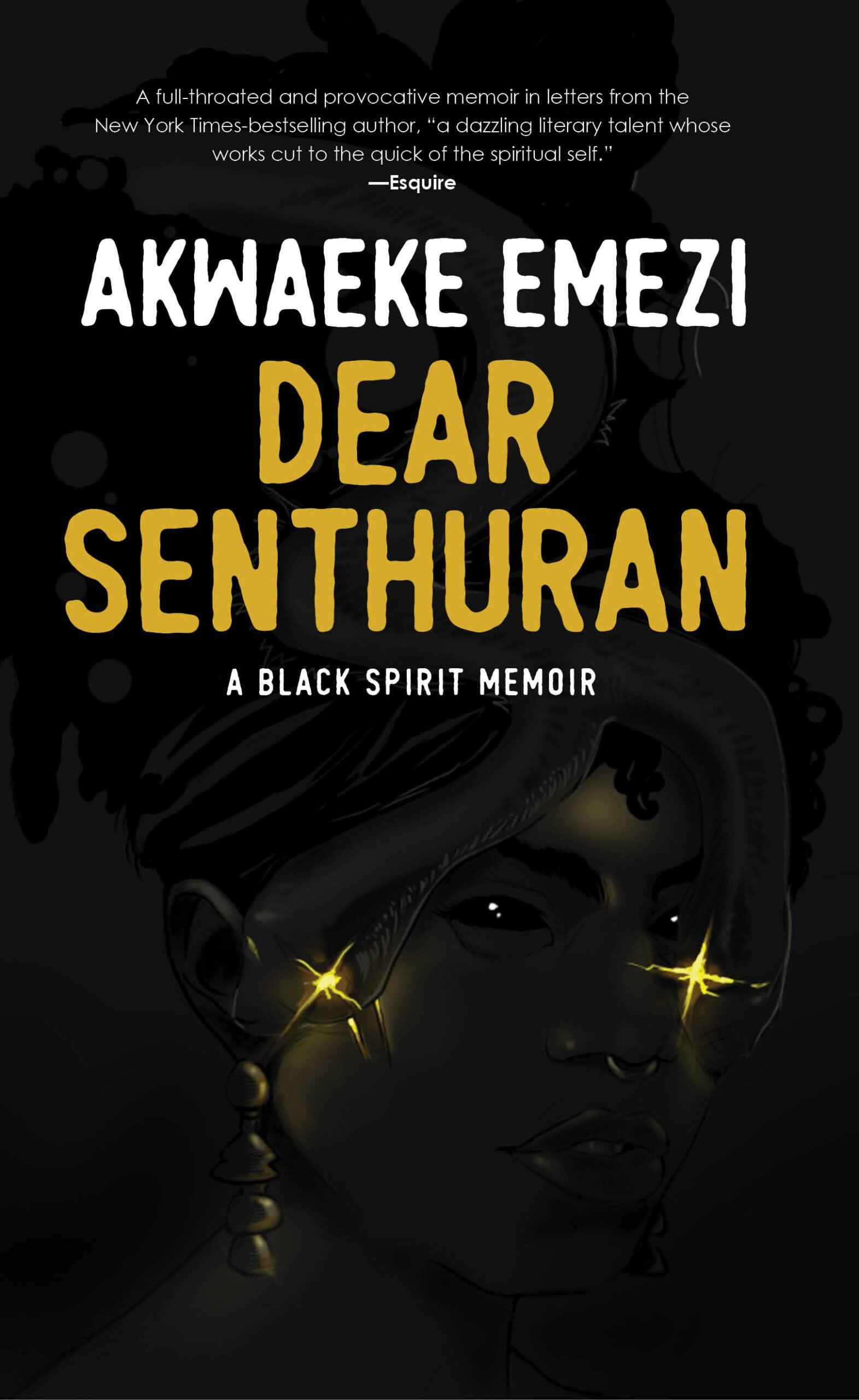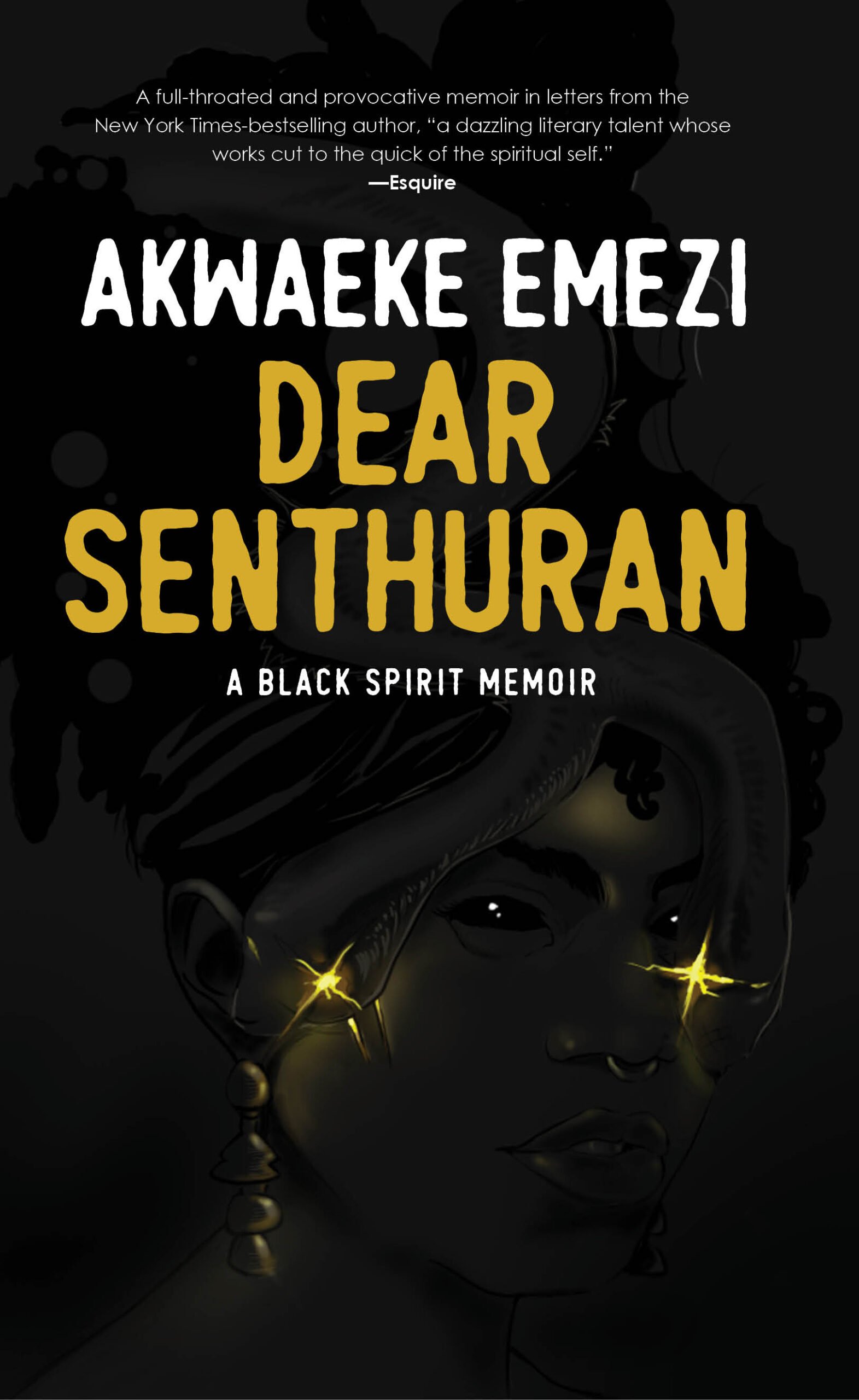Who Fears Death by Nnedi Okorafor (Book Review)
Blurb
In a far future, post-nuclear-holocaust Africa, genocide plagues one region. The aggressors, the Nuru, have decided to follow the Great Book and exterminate the Okeke. But when the only surviving member of a slain Okeke village is brutally raped, she manages to escape, wandering farther into the desert. She gives birth to a baby girl with hair and skin the color of sand and instinctively knows that her daughter is different. She names her daughter Onyesonwu, which means "Who Fears Death?" in an ancient African tongue.
The Setting
This book is set in post-nuclear holocaust Africa, precisely Sudan. It follows the life of Onyesonwu, the female protagonist of this book who is born as a product of rape.
The Plot
In this book, two ethnic groups are in conflict; The Okeke and The Nuru. The Okeke are dark-skinned, while The Nuru have yellow-brown skin. And it is said that The Okeke are suffering as a result of the punishment the goddess Ani inflicts on them.
According to the Great Book, a scriptural book that is used in the story, the goddess Ani punishes The Okeke because of their creativity and their technological innovations such as computers. And as such makes them slaves to the Nuru. The Nuru massacre and rape them, while The Okeke fight back for their lives.
Onyesonwu is a product of rape, in that his mother, an Okeke woman was raped by a Nuru man, and the result is an Ewu child. As an Ewu child, you face a lot of discrimination. You are born a crime, because you're a mixture of Okeke and Nuru. You are neither here nor there, and that's the worst kind of identity to have, because no side is willing to accept and love you as their own.
An Ewu child is a constant reminder of the pain and brutality the Nuru people mete out on The Okeke, so they're discriminated against.
Raised in the desert alone with her mother until she was six and settled in Jwahir, a town far to the East of the seven kingdoms where The Okeke live freely, she doesn't understand herself and the powers she possesses until she leaves for another town with her mother.
She was born with magical powers like shape-shifting, moving between the material and spiritual world, manipulating change, regrowing flesh and bone and even bringing the dead to life. But all these powers have to be harnessed properly before she will be able to use them.
The novel starts when her adopted father dies. Being grief-stricken and unable to understand why he has to leave her permanently, she places her hands on her father's body and brings him back to life temporarily before being stopped by Aro, the sorcerer.
Onyesonwu is constantly fighting against stereotypes that exist in his town, especially for being an Ewu woman. When she meets Aro to teach her magic and how to harness her powers, he refuses on the basis that she is an Ewu and also a woman. So the bias she is fighting against is double-barreled. One is the crime of being born as Ewu, two is being a woman.
Onyesonwu is hot-tempered and confident who seeks empathy, friendship and acceptance. And she finally finds this with her friends and lover, Mwita, an Ewu boy who is an apprentice magician.
All Onyesonwu wants to achieve is to fight for her people, and to eradicate the classism and racial discrimination that exist in that era. The Okeke are slaves to The Nuru, and most of them have already accepted their fate, even though they do not believe in The Nuru supremacy. And the Ewu are considered the lowest level in the racial ladder; the misfits, the abominations.
One thing I like about this book is how the author creates a new and unique world where many things are possible. In this world, people hate magic and see technology as evil. In this world, there's a portable device that draws water from the sky, helping nomads to roam the desert freely without having to die of thirst.
However, it is a difficult book to read, especially if speculative fiction is not your cup of tea. There are so many confusing names and places and practices and magic which could be confusing for readers, but if you are patient enough to get through them you would totally enjoy the book.
The book also has flawed, but realistic characters. And even the main character has her own evils. She does a lot of negative things with her magic too. She strikes a ton blind, kills every fertile man, makes every fertile woman pregnant, e.t.c.
At twenty, Aro finally trains her and she learns to alu, or the art of travelling distant places within. With her lover and friends, she embarks on a journey across the desert. She hopes to destroy her father, disrupt a prophecy and then end the conflict between The Nuru and Okeke.
Themes
Female Circumcision: The Okeke has a rite of passage for girls. At eleven, girls must participate in a ritual where they would be circumsized. This is to ursher them into womanhood and after that, they must abstain from sex until marriage.
In the book, the writer shows how painful it is because the girls complain of the excruciating pains they endure during the circumcision.
Female genital mutilation is a form of abuse, and one of the harmful traditional practices that institutions have been fighting to eradicate in the real world.
Racism: The core of this book is the fight between two races; The Okeke and The Nuru. From time immemorial, different races fight for supremacy and lordship over other races. But no race is superior to the other.
Even though this book is speculative fiction, I like the fact that it touches real societal issue. In our world today racism is still prominent. It exists in every area of life. People are treated differently on the basis of their skin or appearance, which is not supposed to be so.
The only race is human race, and if everyone understands that, then there would not be war or fights amongst races.
The issue of classism: Even as a marginalized group, There is also the existence of classism between The Okeke and The Ewu. The Okeke feel that The Ewu are low lives and should not have a place in their tribe, because they're mixed breeds.
This discrimination against The Ewu will fuel a deep yearning to belong in them. Because they're neither accepted here nor there, they strive so hard to prove themselves worthy of being accepted.
And that is the reason Onyesonwu secretly goes to participate on the rite of passage even though her mother doesn't approve of it. She craves acceptance and belongingness, and does all she can to be accepted.
In our society today, classism is still in existence. People treat people differently based on their class and level in the society.
The theme of magic: This book centers on magic. And because it's a speculative fiction, there is a wide range of unthinkable things that are done in the book with magic. The author makes it in a way that Onyesonwu can do and undo with magic. While most of them are excellent, the others are absolutely ridiculous.
Final Thoughts
If you are a lover of fantasy, speculative and science fiction, and don't mind the absurdity of them, then this book would be perfect for you. Otherwise, you will struggle with catching up and making sense of it.
It's a beautiful book, written in excellent flowing sentences and deeply creative. I am not a fan of fantasy, but this was really good. And it's fair to say that my first shot at it wasn't bad at all.
I would also recommend it to everyone who is looking for their next great read.


















